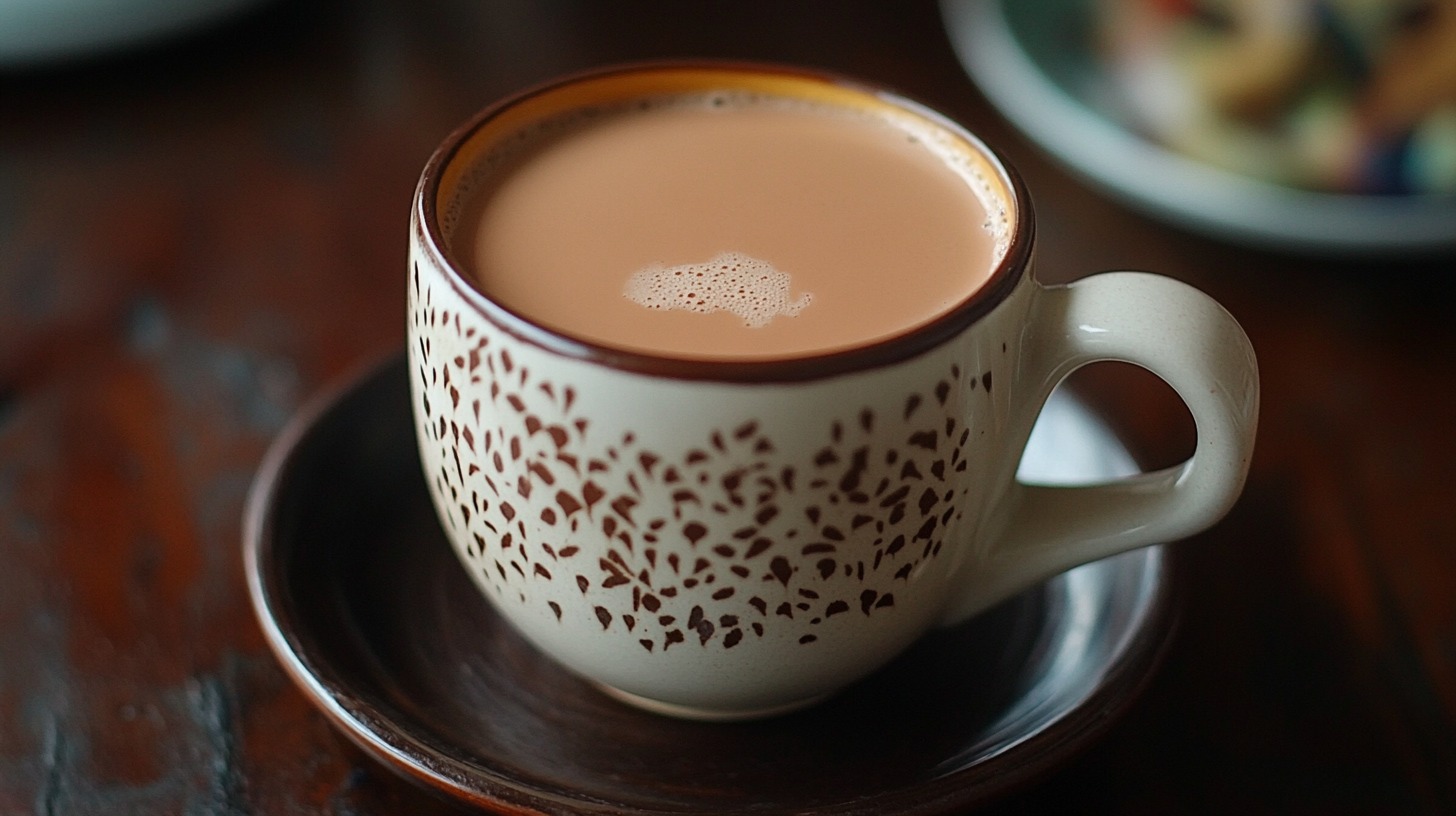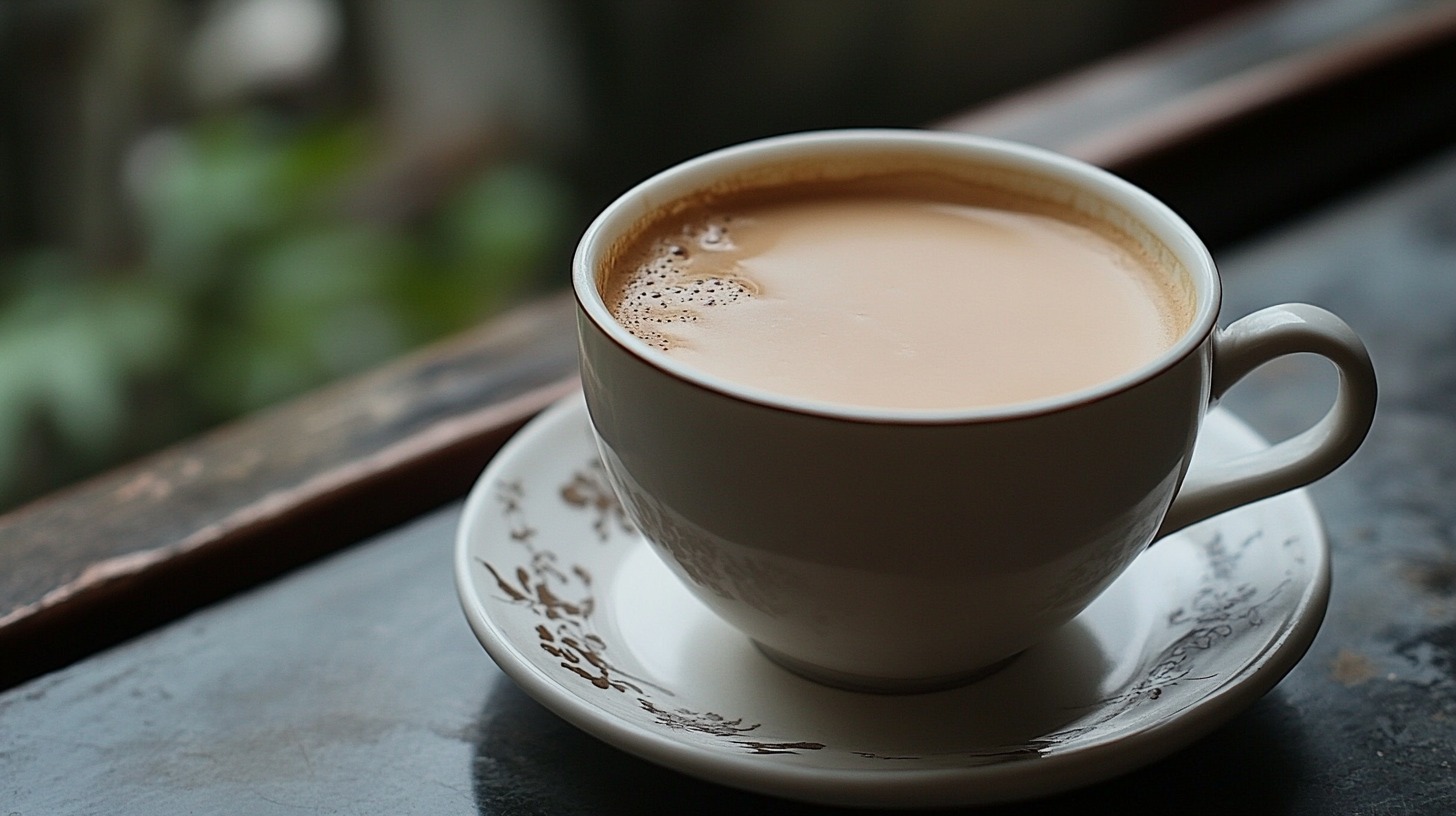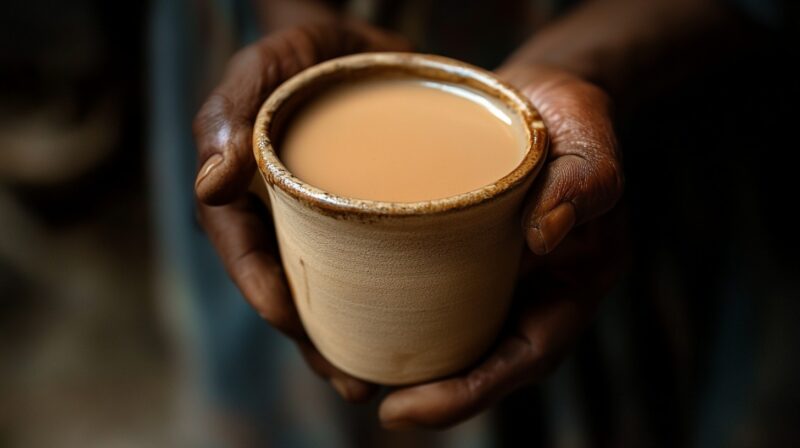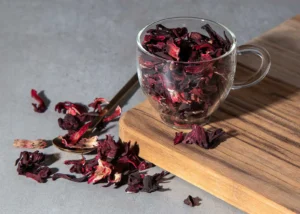Masala chai is a beloved beverage that has become a staple in many cultures, celebrated for its distinctive flavor and healthful qualities.
Combining tea with an aromatic blend of spices, it is more than just a drink, it is a tradition steeped in history and culture.
Known for its warming qualities and potential health benefits, masala chai is crafted using carefully selected ingredients that contribute to both its taste and therapeutic properties.
Exploring its history, benefits, ingredients, and potential side effects offers a comprehensive look into why it continues to hold a special place in households worldwide.
The Background
Masala chai traces its origins to the ancient Ayurvedic traditions of India, believed to date back thousands of years. Initially used for medicinal purposes, it served as a remedy during the Ayurveda period, with spices like ginger, clove, and cardamom used to enhance immunity and fight infections.
Tea leaves were not a part of the original recipe; the focus was entirely on therapeutic herbs and spices.
The introduction of tea leaves into masala chai can be attributed to British colonial rule in India during the 19th century. With the establishment of tea plantations in Assam, black tea became widely available, although expensive for locals.
To make tea more affordable, Indian vendors began blending it with spices, creating the earliest versions of masala chai. The addition of milk and sugar further enhanced the flavor, transforming it into the beverage we recognize today.
In the 20th century, advancements in tea processing and packaging made masala chai more accessible. Its flavorful and aromatic profile captured attention, cementing its role as a staple drink in Indian households. The beverage has since gained global popularity, celebrated for its rich cultural roots and health benefits.
Popularity of Masala Chai Globally

Masala chai’s global rise is closely tied to its healthful properties and exotic flavor. Countries like the United States adopted it in their own way, often preparing it without milk or adding variations to suit local tastes. The term “chai” has become synonymous with spiced tea, leading to numerous interpretations.
In India, the preparation remains traditional, often using milk, jaggery, or sugar to complement the spices. Its affordability and availability have made it a common beverage in Indian homes. Authentic masala chai remains highly favored over packaged mixes, as many people prefer the aroma and potency of freshly ground spices.
Globally, cafes and tea brands have popularized masala chai, blending Indian traditions with modern beverage culture. Despite these adaptations, the essence of masala chai as a health-promoting and comforting drink remains constant, contributing to its widespread acclaim.
What are the Benefits?
Masala chai offers a combination of taste and health advantages, making it much more than just a beverage.
- The spices in masala chai, such as clove, cinnamon, and cardamom, are known for their immunity-enhancing capabilities.
- Ingredients like ginger and fennel promote better digestive health by improving food absorption and eliminating toxins.
- Ginger and other spices in masala chai have anti-inflammatory properties that can alleviate joint pain and arthritis.
- When prepared with black or green tea, it delivers antioxidants that help manage cholesterol, reduce blood pressure, and support heart health.
- Studies have highlighted the potential role of tea polyphenols in reducing cancer risks and inhibiting tumor growth.
By blending health benefits with delightful flavors, masala chai remains a beverage that nourishes both body and mind.
Ingredients of Masala Chai

The core of masala chai lies in its carefully selected spices, each contributing to its robust flavor and health properties. Common ingredients include:
| Ingredient | Description and Benefits |
|---|---|
| Milk and Water | The base for creating a creamy texture. |
| Green Cardamom | Offers a sweet, mint-like taste and is linked to cancer prevention. |
| Cloves | Enhances the tea’s warmth and provides essential nutrients like Vitamin K. |
| Cinnamon | Helps regulate blood sugar and supports cardiovascular health. |
| Fennel | Contributes sweetness and aids in maintaining bone health. |
| Nutmeg | Known for its anti-inflammatory effects and warm flavor. |
| Black Pepper | Adds a spicy kick and improves brain function. |
| Ginger | Renowned for its ability to combat colds and aid digestion. |
These ingredients, combined with milk and water, create the essence of masala chai. Variations in recipes allow people to customize it to their liking while retaining its distinct identity.
How to Make Masala Chai
Making masala chai at home is simple and allows you to tailor the flavor to your preference.
- Crush a small piece of ginger, and grind cloves, cinnamon, and cardamom using a mortar and pestle.
- Bring water to a boil in a pot. Add tea powder and sugar.
- Mix in the ground spices and simmer for a few minutes.
- Strain the tea into cups, add milk, and stir.
- Optional: Use jaggery or honey instead of sugar for added health benefits.
This method ensures a cup of flavorful masala chai, perfect for enjoying during any season.
Masala Chai Calories
- Potassium: 105 mg
- Phosphorus: 54 mg
- Protein: 2.1 g
- Sodium: 32.4 mg
These components contribute to fulfilling daily nutritional requirements, making masala chai a satisfying and energy-boosting drink.
Are There any Potential Side Effects?
While flavorful and health-boosting this one requires mindful consumption due to certain factors that may cause adverse effects. One of the primary concerns is its caffeine content, which is derived from the black tea used in the preparation.
Excessive intake of caffeine can lead to symptoms such as restlessness, insomnia, rapid heart rate, and even headaches. For individuals sensitive to caffeine, drinking large amounts of masala chai might exacerbate these symptoms.
Pregnant individuals are generally advised to limit their consumption of masala chai. The spices used in its preparation, while beneficial in small quantities, can potentially interfere with hormonal balance when consumed in large amounts.
Spices like cinnamon and clove, for example, can sometimes stimulate uterine contractions or other side effects, making moderation key during pregnancy.
People with certain health conditions, such as acid reflux or gastritis, may also find masala chai aggravating. The spicy components, such as black pepper and ginger, may irritate the stomach lining if consumed in excess.
Such individuals should consult with a healthcare provider before making masala chai a regular part of their diet.
Summary
Masala chai has evolved over centuries, combining the essence of Indian tradition with the benefits of modern health science. This spiced beverage not only offers a delightful flavor but also provides a range of health advantages, from boosting immunity to supporting digestion and heart health.
Its ingredients, carefully selected for their therapeutic properties, make it a popular choice in households and cafés alike.
While masala chai is celebrated for its benefits, it is important to consume it in moderation, considering factors like caffeine content and individual health conditions.




